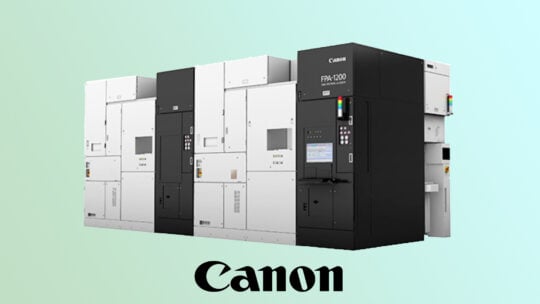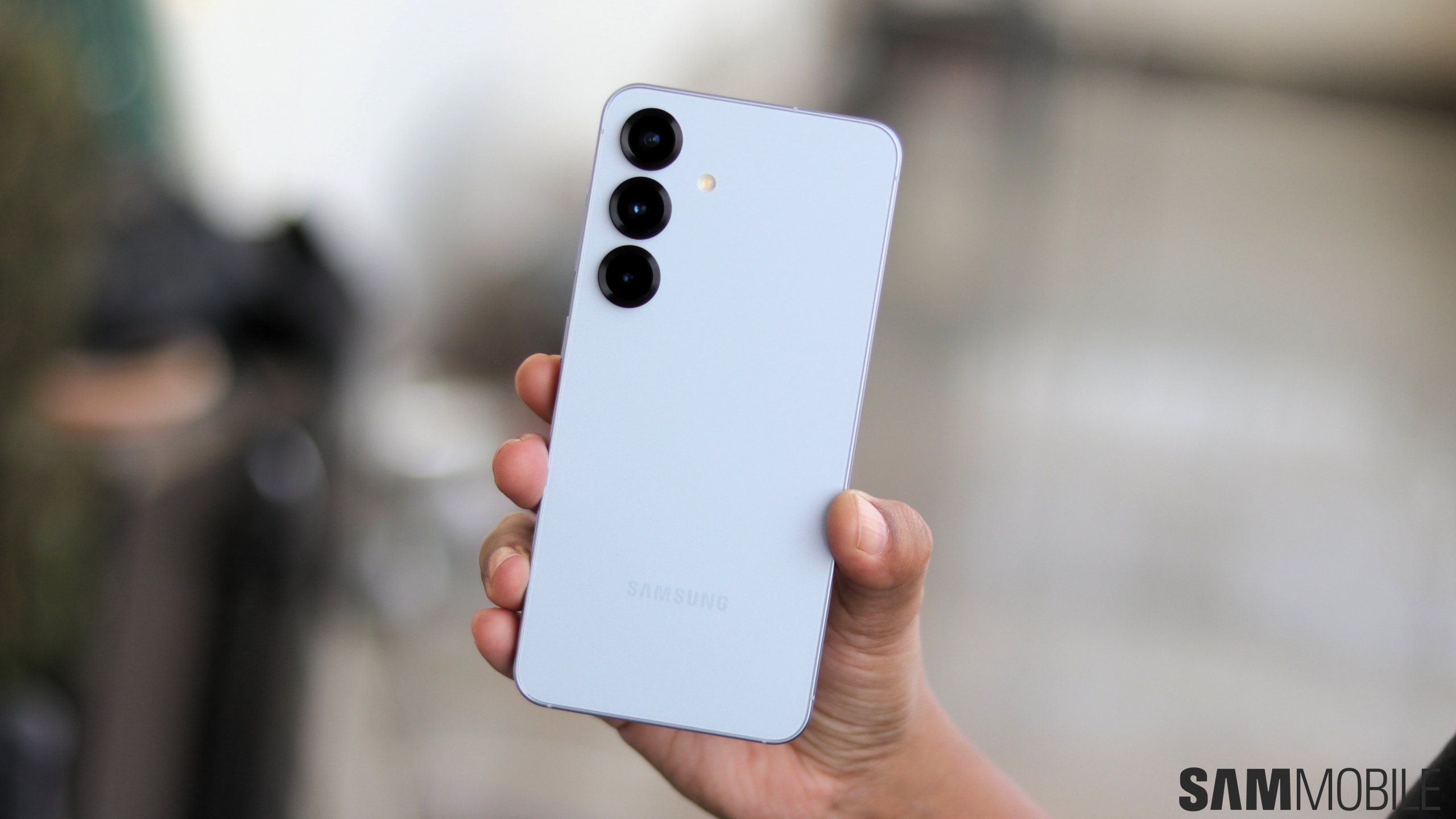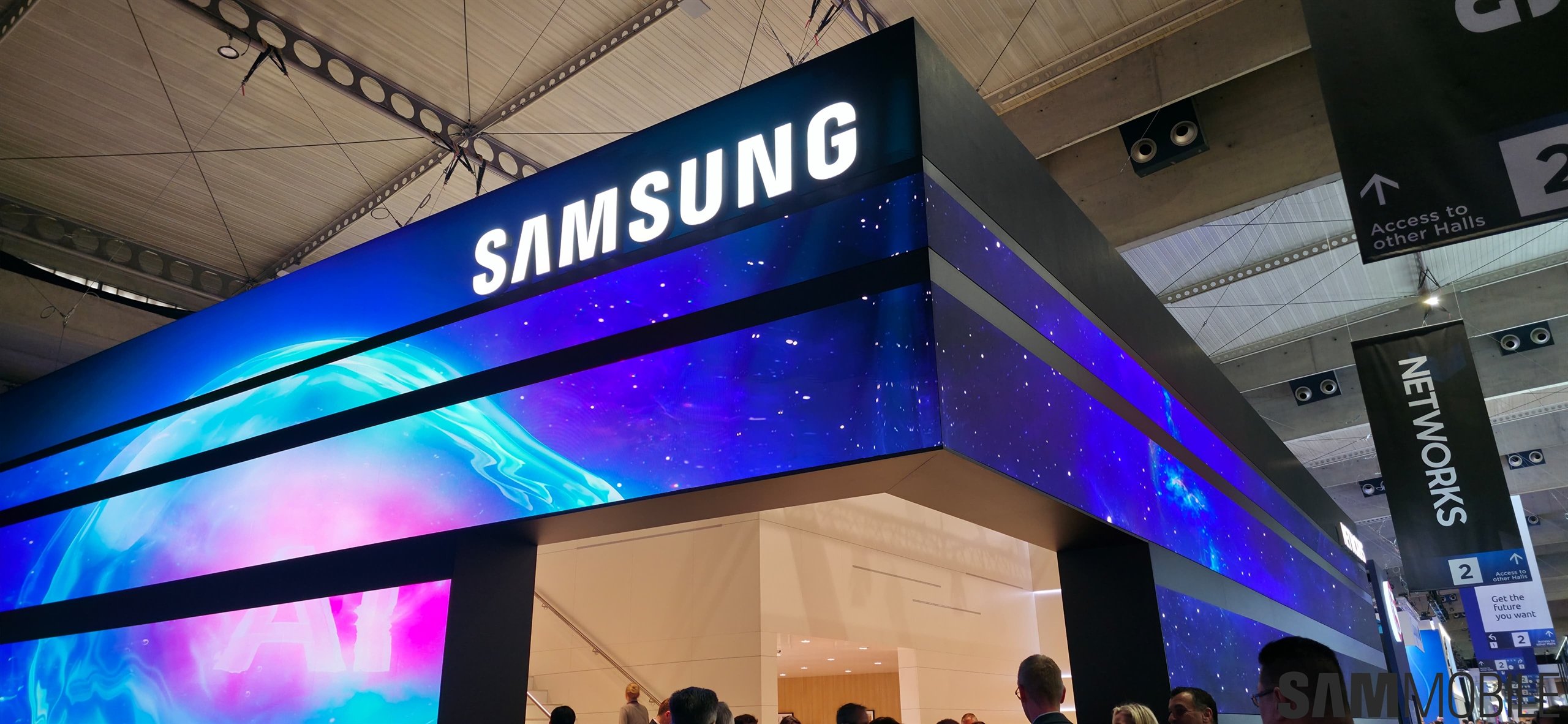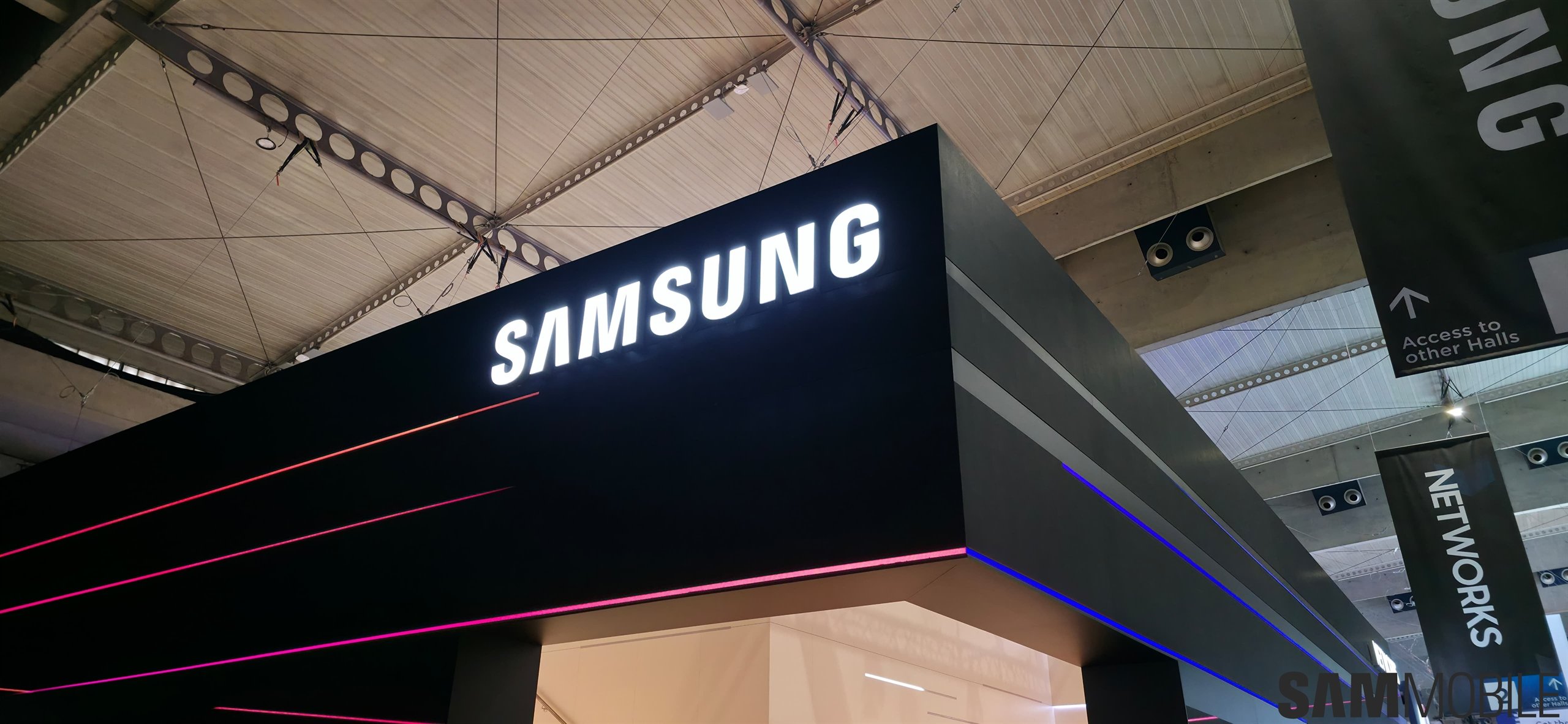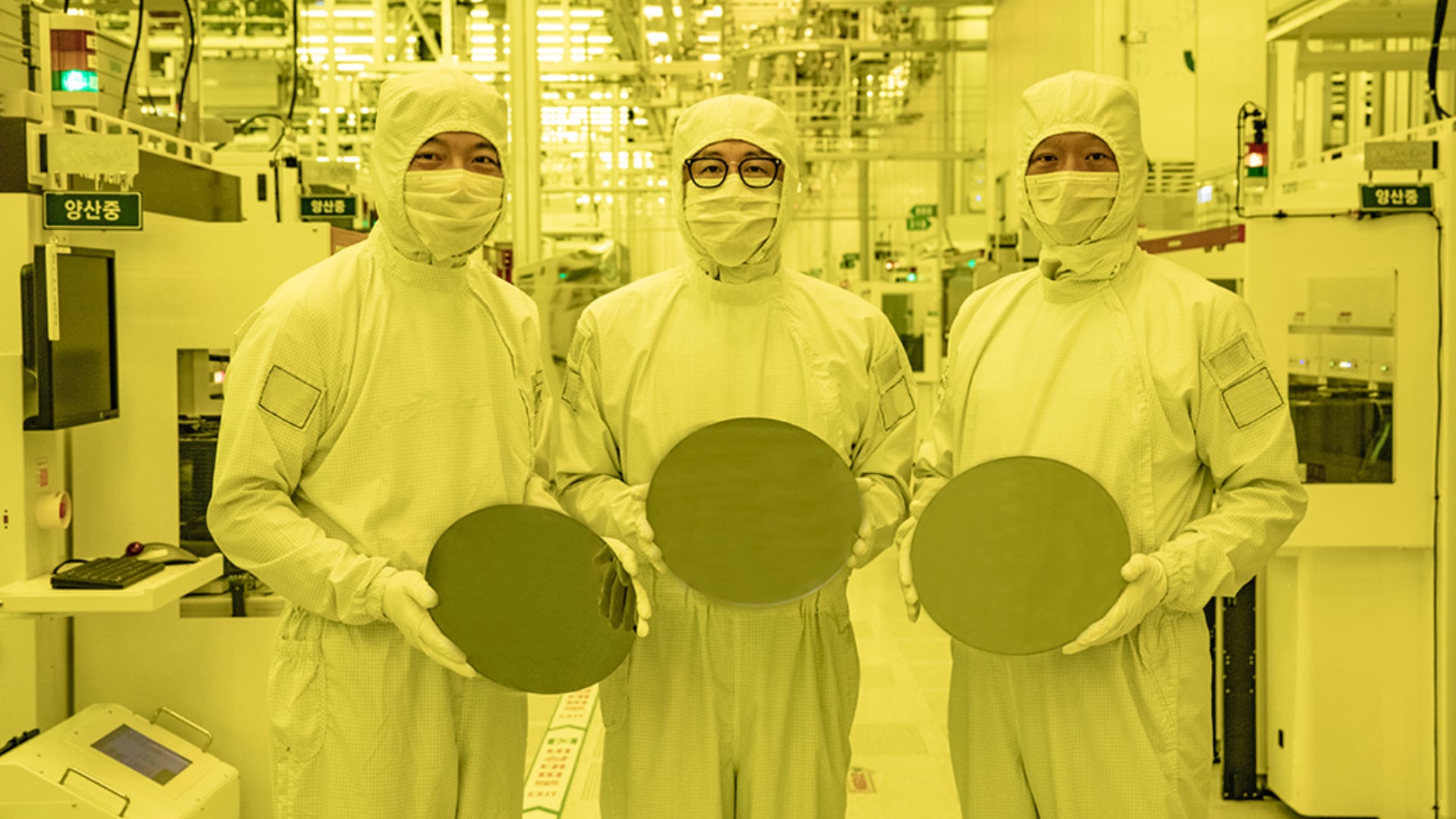
Canon claims its new equipment can be used to make 2nm and 5nm semiconductor chips
After years of work, Canon has announced that it has developed a new tool that can be used to fabricate 5nm-generation semiconductor chips. The Japanese firm has launched FPA-1200NZ2C, a nanoimprint lithography machine that can be used to make 5nm chips, and they could be used in smartphones, laptops, PCs, and servers. While ASML's machines use the EUV (Extreme Ultraviolet) lithography technique, Canon's new equipment uses NIL (NanoImprint Lithography), resulting in lower power consumption. It could also be improved further to make 2nm chips.
Canon has been developing this technology since 2004, but it faced several setbacks. Now, the company claims it has the technology ready. In NIL, the equipment fabricates a chip by pressing a mask imprinted with the circuit pattern on the resist on the wafer, like a stamp. The company claims that the circuit transfer process can be more faithfully done with NIL compared to optical technologies like EUV. However, experts say they need to see chips being produced using Canon's new equipment before they can believe the company's claims.
Canon's equipment could be used by SMIC to make chips for Huawei
Semiconductor chips have been the center of focus in the ongoing geopolitical tension between China and the US. Since most of the chip technology is developed and patented by US-based firms, they have restricted the export of such equipment to Chinese firms. This restriction has become a major barrier for Chinese firms like Huawei as they can't make advanced chips like Apple, Qualcomm, and Samsung, negatively impacting its smartphone business. However, Canon, being Japanese, can export this equipment to SMIC, a Chinese semiconductor chip fabrication firm that has been trying to make chips for Huawei.
If Canon's claims are accurate, Samsung has a reason to worry for both its foundry and smartphone divisions. Firms like SMIC can use Canon's new chip fabrication equipment to make chips for various firms, increasing competition in the chip foundry space. Moreover, Huawei can once again use advanced Kirin chips in its smartphones to compete with Samsung's Galaxy smartphones.
Author's Note: Experts believe that EUV equipment, such as from ASML, can reproduce circuits with fewer errors than NIL. Moreover, there is a huge difference between the launch of new technology and the actual mass production of chips based on that technology. Even if Canon's claims are accurate, it could take years before firms use the new equipment to make chips, such as processors and memory. By that time, Samsung Foundry and TSMC might start making 2nm chips.
If Canon's claims are true, I expect the US to place a restriction on this equipment to Chinese firms like Huawei. So, Samsung might not need to worry too much as of now.














